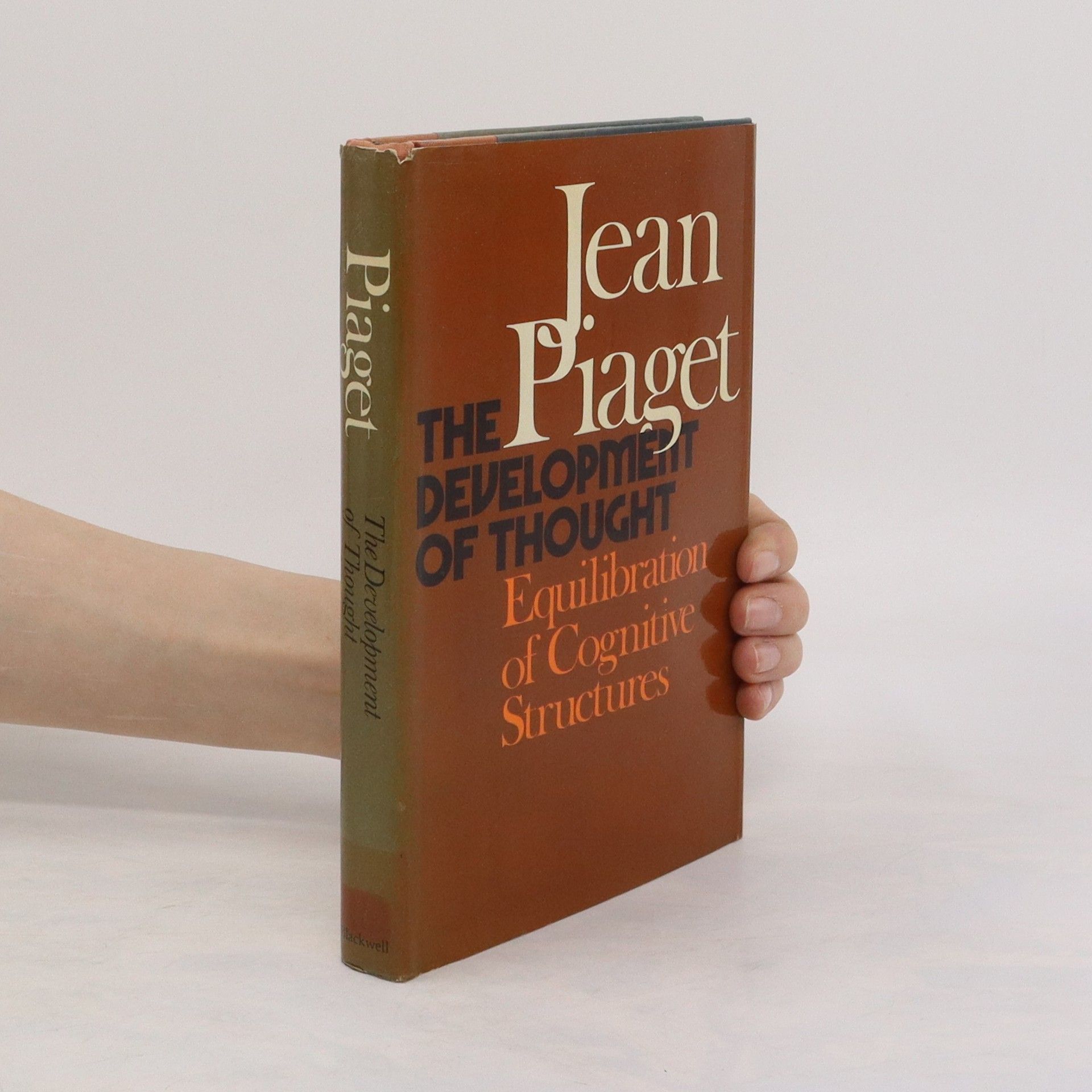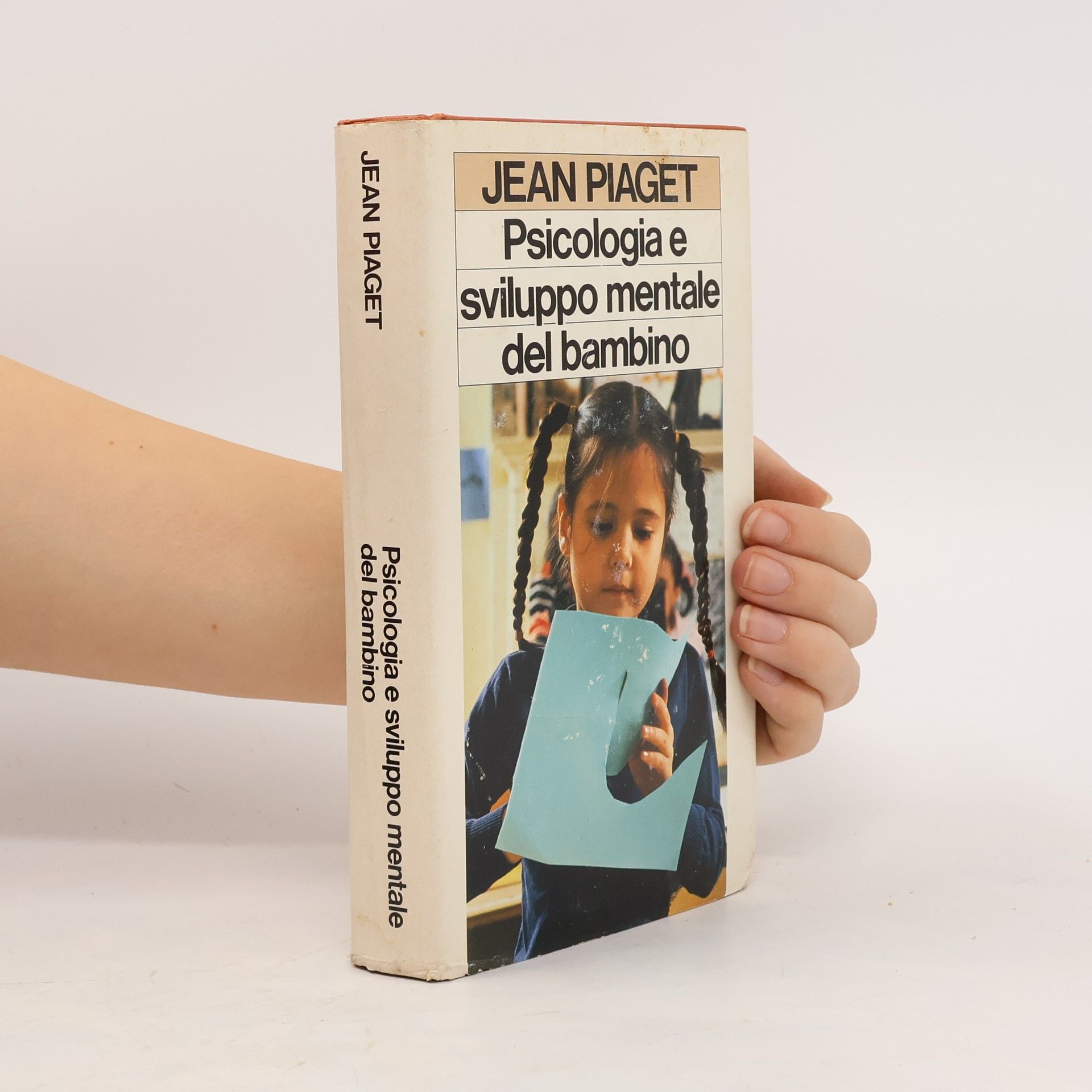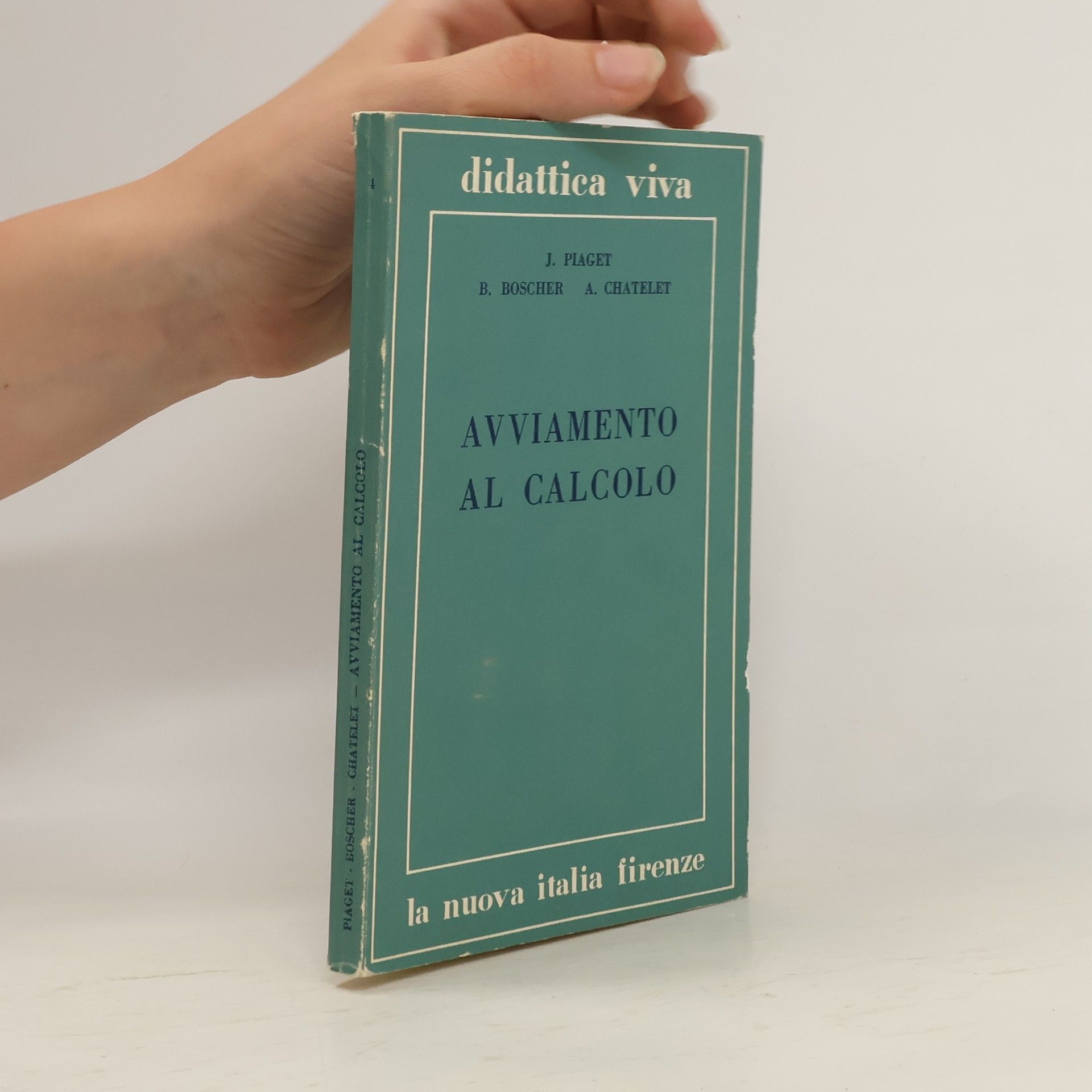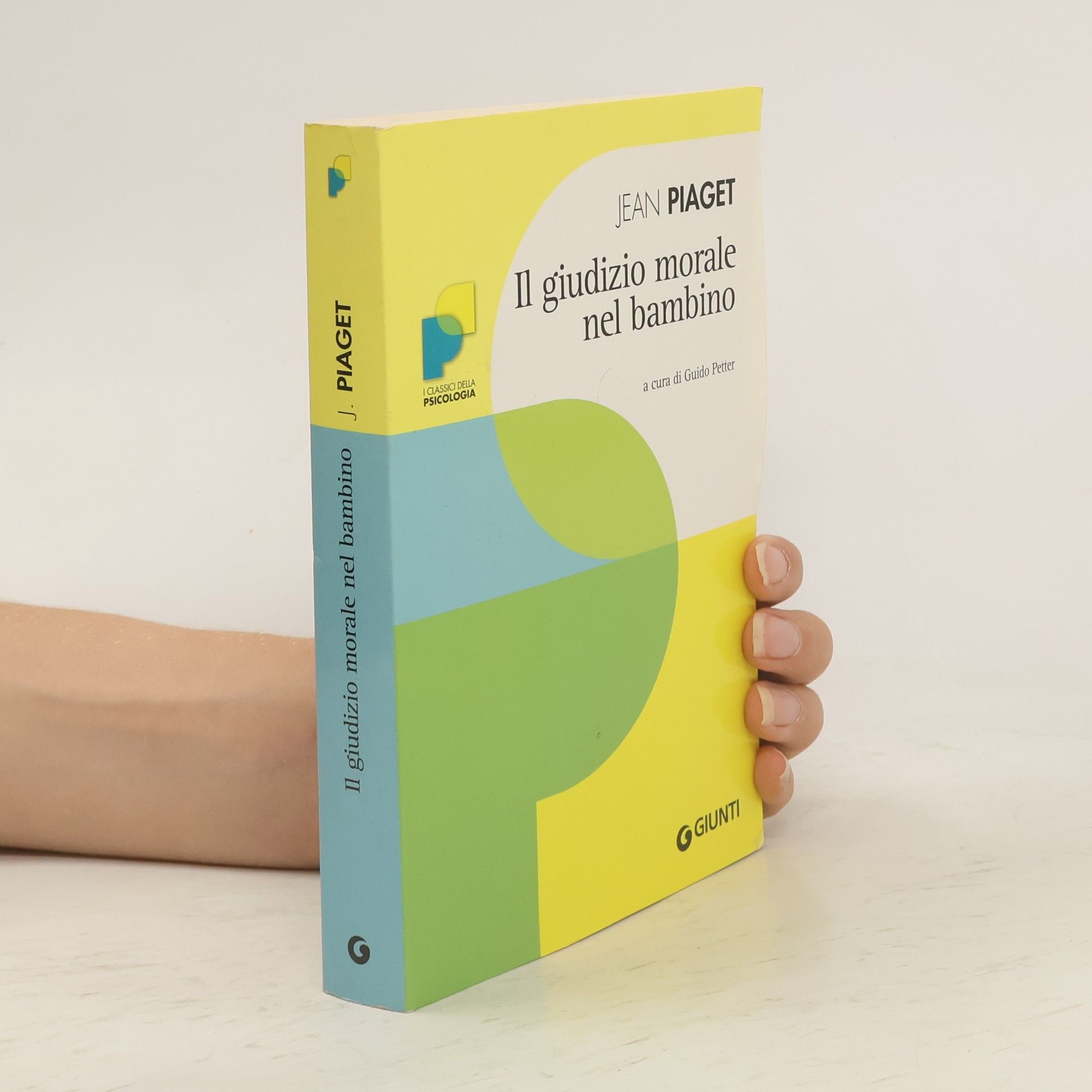Il giudizio morale del bambino
- 448pagine
- 16 ore di lettura
Jean Piaget fu un pensatore svizzero, celebre per il suo lavoro pionieristico nella teoria della conoscenza. La sua ricerca sui bambini e sul loro sviluppo cognitivo pose le basi per una visione costruttivista del sapere. Piaget esplorò una prospettiva epistemologica nota come 'epistemologia genetica'. Il suo lavoro continua a ispirare pensatori ed educatori.







La costruzione del pensiero
English, French (translation)
Jean Piaget was one of the most salient and inspirational figures in psychological and educational research of the 20th century. He was also prolific, authoring or editing over 80 books and numerous journals and papers which spawned a continuation of his work over the following decades. His work now compromises a major component of many courses on children's psychological development and in a research tradition which is expanding, scholars may need access to the original texts rather than secondhand accounts. This volume is the third of nine reproducing Piaget's original works - they are also available as a boxed set
Genetic Epistemology attempts to explain knowledge, and in particular scientific knowledge, on the basis of its history, its sociogenesis, and especially the psychological origins of the notions and operations upon which it is based.
Think of developmental psychology, and the name of Jean Piaget immediately springs to mind. His theory of learning lies at the very heart of the modern understanding of the human learning process, and he is celebrated as the founding father of child psychology. A prolific writer, is the author of more than fifty books and several hundred articles. The Psychology of Intelligence is one of his most important works. Containing a complete synthesis of his thoughts on the mechanisms of intellectual development, it is an extraordinary volume by an extraordinary writer. Given his significance, it is hardly surprising that Psychology Today pronounced Piaget the Best Psychologist of the twentieth century.
Originally published in English in 1971, structuralism was an increasingly important method of analysis in disciplines as diverse as mathematics, physics, biology, psychology, linguistics, sociology, anthropology and philosophy. Piaget here offers both a definitive introduction to the method and a brilliant critique of the principal structuralist positions. He explains and evaluates the work of the main people at work in the field ? Claude Lévi-Strauss, Michel Foucault, Talcott Parsons, Noam Chomsky ? and concludes that structuralism has a rich and fruitful future ahead of it. An indispensable work for serious students and working scholars in almost every field, the book is also an important addition to Piaget?s life-long study of the relationship of language and thought.